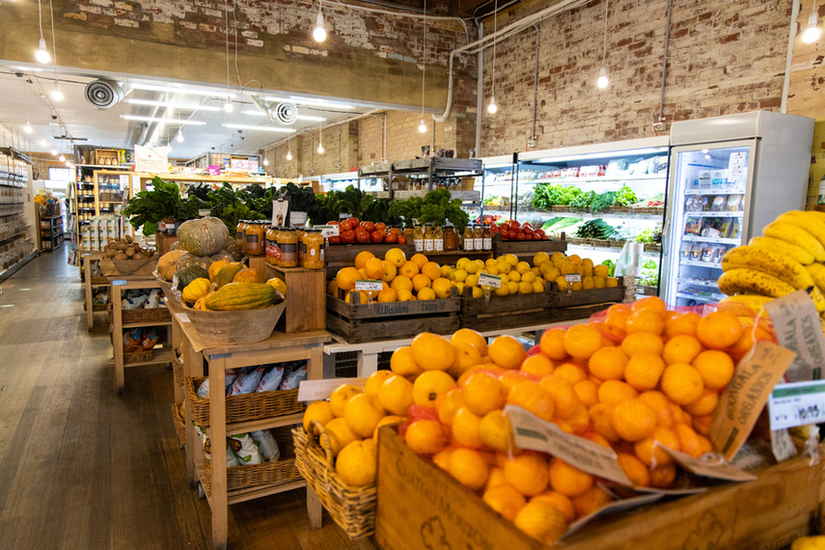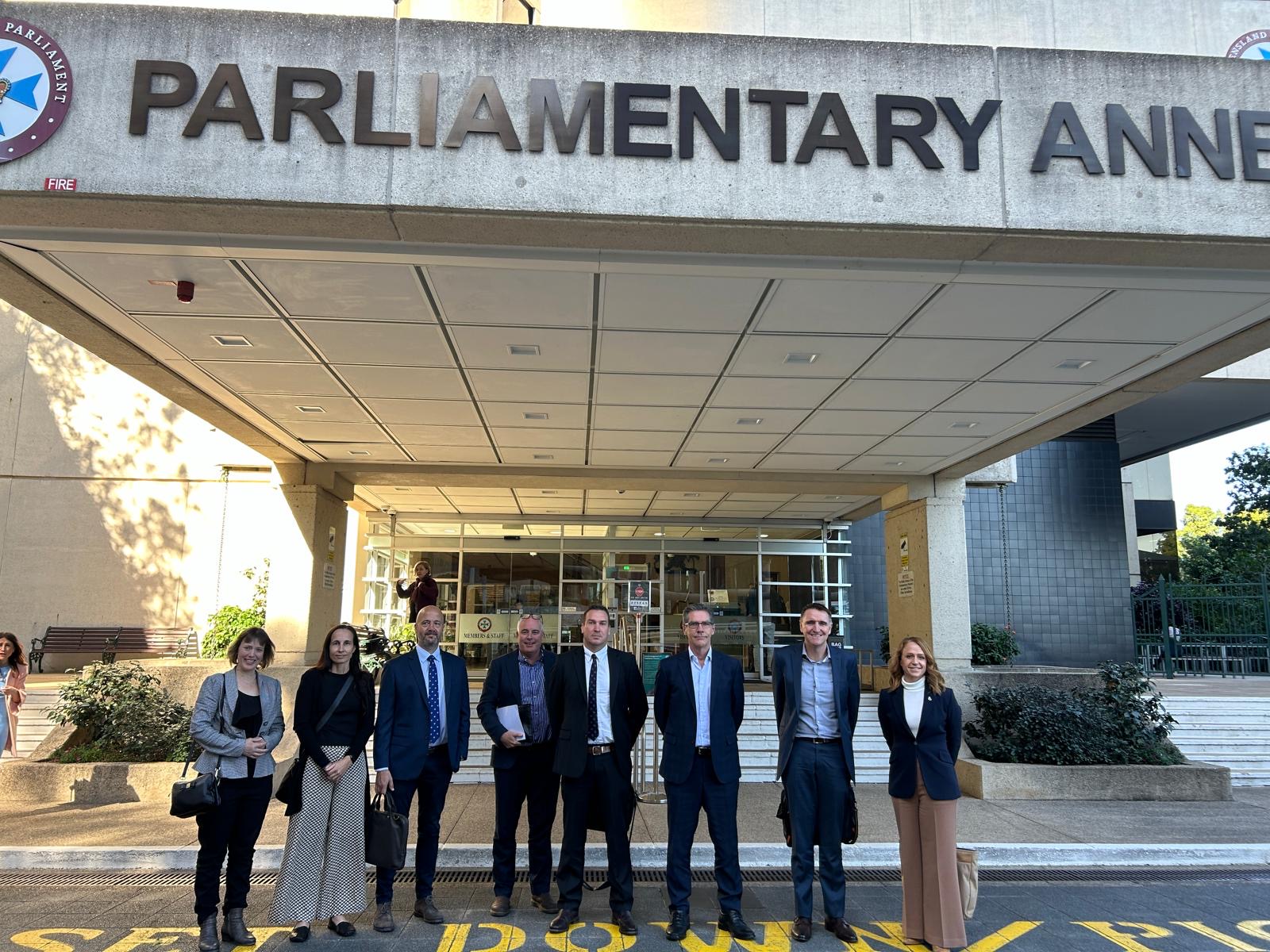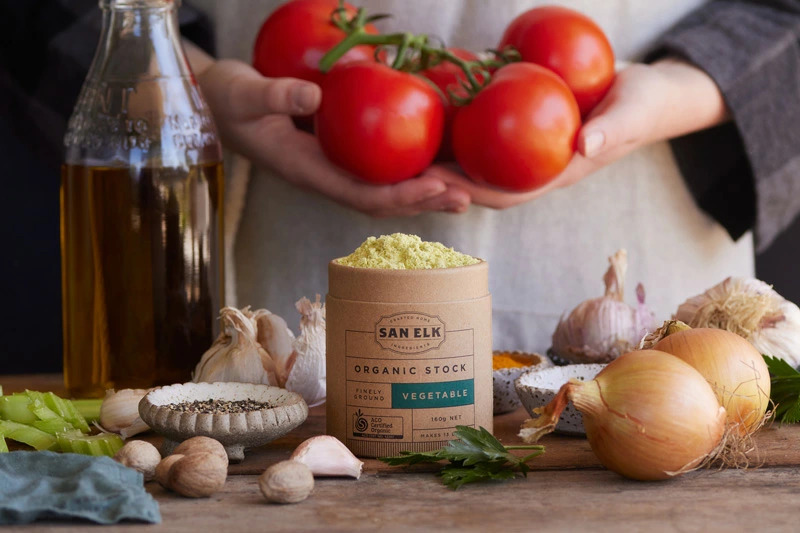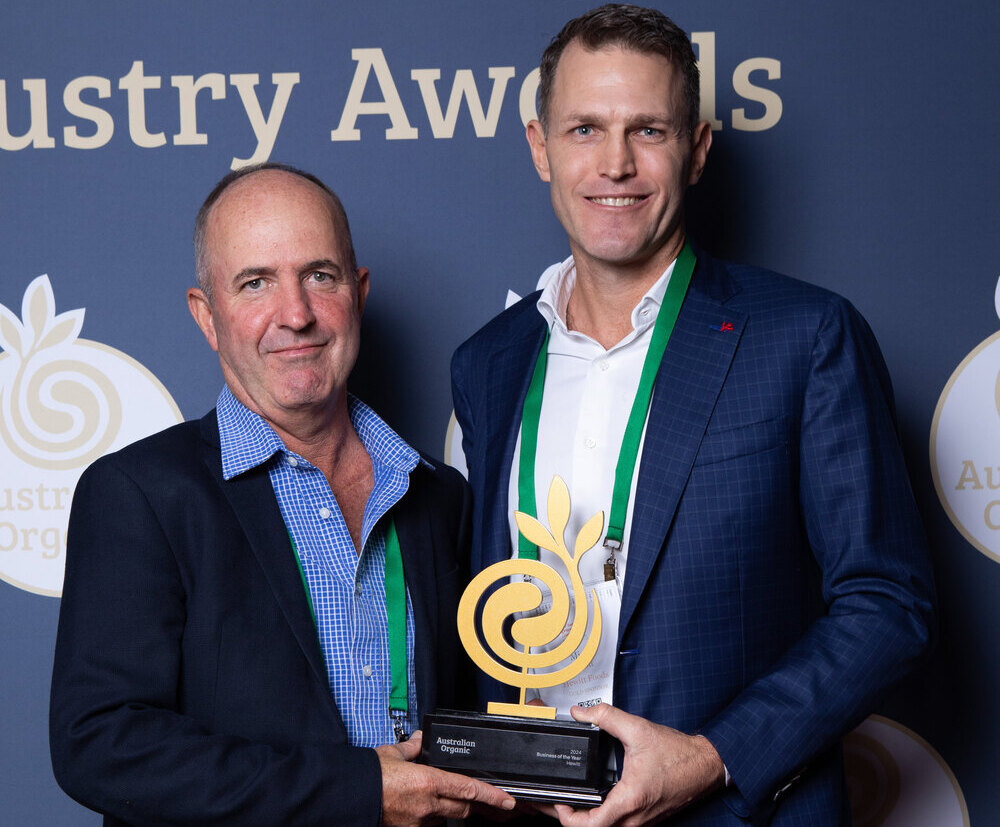As peak body for Australia’s organic industry, AOL has reacted with alarm and dismay at the move by Minister for Agriculture Murray Watt to place domestic regulation into the too-hard basket, despite his department’s own commissioned advice finding it will leave the industry and consumers worse off.
Australia is the only developed nation in the world without a mandatory domestic standard for organic products, meaning there is no single legal definition of the term “organic”.
Without domestic regulation, exporters face increased compliance costs in meeting the requirements of multiple overseas markets, while consumer confidence is jeopardised when a product with only a tiny amount of organic content can be passed off in Australia as organic.
Australian Organic Limited Chief Executive, Niki Ford, said there had been years of work identifying the best course of action for consumers and producers, who are operating in highly competitive world markets, that appear to have been overlooked.
“All we are asking for is a level playing field and yet with this captain’s call we are not even in the game,” Ms Ford said.
In making his decision, Minister Watt cited the conclusions of an independent PwC report received by the department more than a year ago. It was released to industry this week, and less than 48 hours ahead of the Minister’s surprise announcement, which was made without consultation with a 16-member expert panel, the Organic Industry Advisory Group, set up in 2020 to advise on the process of regulation.
“The PwC report’s own conclusion, based on a cost-benefit analysis, is the non-regulatory option returns a worse result than any of the four regulatory options that were modelled,” Ms Ford said.
“The cost-benefit analysis also excluded the value regulation could bring in terms of increased exports, while at the same time noting that as little as a one per cent increase in current exports would propel all regulatory options to a positive benefit cost ratio over the 10-year period.”
The report estimates that 46 percent of the current hindrances to export could be addressed by Australia having an equivalent regulation regime to its international partners and, based on an industry survey, would spur a 13 per cent increase in the number of producers contemplating exporting in the near future.
“Australian Organic represents thousands of producers, and they overwhelmingly believe, as clearly does every other developed nation in the world, that a mandatory domestic standard is vital for consumer confidence and export growth,” Ms Ford said.
“We rightfully regulate labelling on country of origin and those who can claim their product is “free range”, but our regulatory regime falls silent on the word “organic”, which is the foundation of a two-billion-dollar industry.”
A letter sent from Minister Watt to AOL on 14 December 2022 advised that he was considering AOL’s request for an industry round table in 2023, however this remains unanswered as of this publication. This letter can be viewed here.
